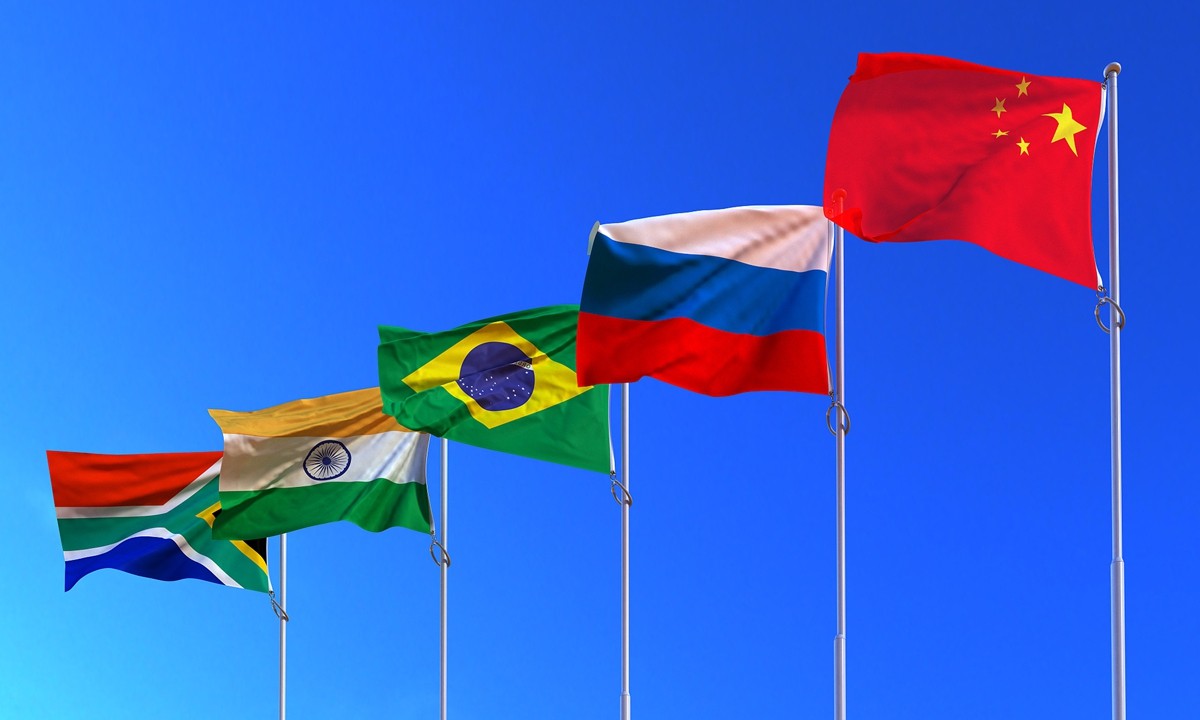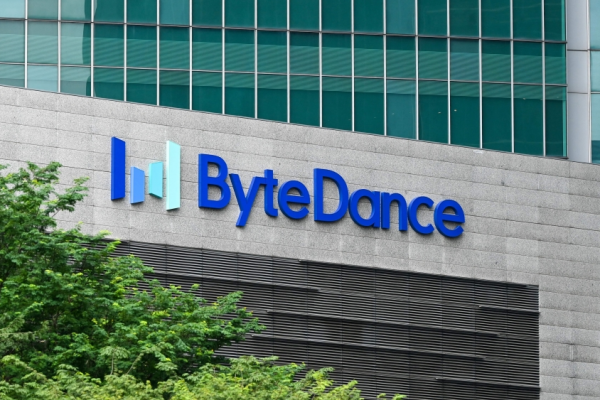On March 21, the India International Center in New Delhi hosted a conference on "Competition and Big Tech" jointly organized by the International BRICS Competition Law and Policy Centre, the Competition Commission of India (CCI) and the CUTS Institute for Regulation and Competition (CIRC) under the aegis of CUTS International (Consumer Unity & Trust Society), the oldest Indian academic center dedicated to consumer issues.
The event focused on competition in digital markets and the regulation of large technology corporations. The conference also included a Meeting of the BRICS Working Group for Research on the Competition Issues in the Automobile Markets. The event brought together representatives of competition authorities of BRICS countries and international organizations, scientists and leading experts in the field of competition law.
Opening the conference, Pradeep S Mehta, Secretary General, CUTS International, spoke about the organization's recent initiatives and noted that the BRICS Competition Law and Policy Centre stimulates important discussions on antitrust enforcement issues.
The digital economy has made incredible contribution to our lives and economy. At the same time, concentration of power in a small number of digital firms with many holding the gatekeeper position has given rise to fears of systemic, widespread and entrenched harm to competition, stressed Ms. Jyoti Jindgar Bhanot, Secretary (I/c), Competition Commission of India.
Ms. Bhanot emphasized the need for a "more systematic and adaptive approach to competition law" in the new economy and recalled that India is going to pass the Digital Competition Act while the Competition Commission is launching its own Digital Markets & Data Unit (DMDU).
“Any new regulatory regime for protecting and promoting competition in digital platform markets would also need to be flexible to account for the dynamic nature of these markets as digital markets continue to expand and reshape our economies,”
said Ms. Bhanot.
Jayant Sinha, Chairperson, Parliamentary Standing Committee on Finance, elaborated on the Competition Amendment Bill. He said that the Bill and the Digital Competition Act would establish a very comprehensive framework for competition law that would include ex ante provisions for digital markets and ex post provisions for more traditional markets. This will provide a common competition law framework for the Indian economy (which is projected to be worth $5 trillion by 2025) and will also empower the Competition Commission of India to intervene more quickly and effectively in emerging markets.
In his welcoming speech, Alexey Ivanov, Director of the BRICS Competition Law and Policy Centre, highlighted the openness of India's regulators to cooperation and their readiness to comprehend the problems of the digital economy. It is noteworthy that the amendments to the Indian Competition Act are just related to the changes in the digital markets, he noted. At the end of the introductory part of the meeting, Alexey Ivanov and Pradeep S Mehta signed a Memorandum of Understanding (MoU) between CUTS international and the BRICS Competition Law and Policy Centre.
The conference also included a meeting of the BRICS Working Group on Research of the Competition Issues in the Automobile Markets. Jyoti Jindgar Bhanot referred to the Working Group's 2021 report, which outlined emerging trends in the industry due to technological transformation. While the digitalization of the industry and the use of data-driven technologies have led to improvement in vehicle safety, performance and overall efficiency, they also bring with them risks to competition. New connectivity, autonomous driving, and electrification, as well as the emergence of business models such as aggregators, are likely to place new challenges for the competition agencies. The challenge for regulators is to create “a more competitive and dynamic market that stimulates innovation and responses effectively to the interest of both business community and the general population," Ms. Bhanot emphasized.
“This requires a well calibrated approach so that innovation is not stifled yet competition concerns are addressed in a timely targeted and coherent manner.”
Alexey Ivanov expanded on the consequences of technological transformation in the industry. Whereas companies used to produce internal combustion engines and goods made mostly of metal, today industry leaders such as Tesla are betting on the sale of services and information products.
“Industry 4.0 is actually about connectivity and openness. It's how you basically connect all sorts of different services producers, consumers all around the world into one network and utilize network effects most effectively in this arrangements, how you group or pull the data, provide interoperability for different app and solution developers and so on,”
noted Alexey Ivanov.
This transformation of the industry requires changes in the approach to regulatory mechanisms. For example, in Industry 4.0, bigtechs, which provide various solutions for digitalization and business transformation, are applying the same strategies to industrial data as they do to users' personal data. In this regard, regulators should pay attention to the potential for misuse in the management of industrial data.
Digitalization is spreading to other sectors of the economy, such as mining and agriculture. Microsoft and Bayer recently announced a partnership to create a cloud-based set of data tools and data science solutions for the agriculture industry.
"Such a platform for agriculture can have an enormous impact on how competition in agriculture and agricultural production will be organized in the near future. So the problems we see now in the agricultural sector are more and more reminiscent of the problems of digital markets,”
stressed Ivanov.
Concluding his speech, Alexey Ivanov put forward a proposal to extend the Working Group's mandate and expand it to include all industry sectors where the role of digital technologies is transformative.
The proposal was supported by Andrey Tsyganov, Deputy Head of the Federal Antimonopoly Service (FAS) of Russia. He noted that artificial intelligence (AI) technologies, robotics, cloud computing and the development of the internet of things have radically transformed not only the automotive industry, but other industries as well. Therefore, it seems important to focus on the challenges of digitalization with the expert support of the BRICS Centre and CUTS International and to rename the group the BRICS Working Group for Research on the Competition Issues in Industry.
Kong Ru, Deputy Director, Anti-Monopoly Enforcement Division II, SAMR, China, shared Chinese experience in regulating the automobile sector. China's antitrust authorities see their task as balancing protection of competition with supporting the development of innovation. Regulators are concerned about the increasing digitalization of the auto industry and the disruption of the supply of chips needed for manufacturing. An important regulatory document for the industry is the “Anti-Monopoly Guideline on the Automobile Industry”. The document contains recommendations to prevent anti-competitive practices and outlines compliance rules for companies.
Karan Singh Chandhiok, Practice Head, Competition and Dispute Resolution, Chandhiok & Mahajan, addressed the vast changes in the Indian automotive industry. The use of AI and machine learning has revolutionized the industry, with companies using data analytics to optimize their operations and improve the customer experience. Autonomous and connected cars with intelligent services and Internet access, electric and alternative fuel vehicles, and carsharing have all emerged. All this requires new approaches in regulation and more interaction with industry representatives.
Digitalization in the auto industry brings all the risks of digital markets to the industry, said Suresh Prabhu, Founding Chancellor, Rishihood University. Coupled with industrial growth, Industry 4.0 is able to disrupt competition and lead to a concentration of market power in the hands of a few big players. Competition agencies must act as main guarantors of open and fair markets and foster the development of national Industry 4.0 players that can effectively compete with incumbent global providers of technology and industry-relevant data.
Jyoti Jindgar Bhanot concluded the session by noting the complex and comprehensive nature of the challenges posed by the digital transformation of various industries. Antitrust authorities are joining forces and continuing to find effective solutions, Ms. Bhanot summarized.




